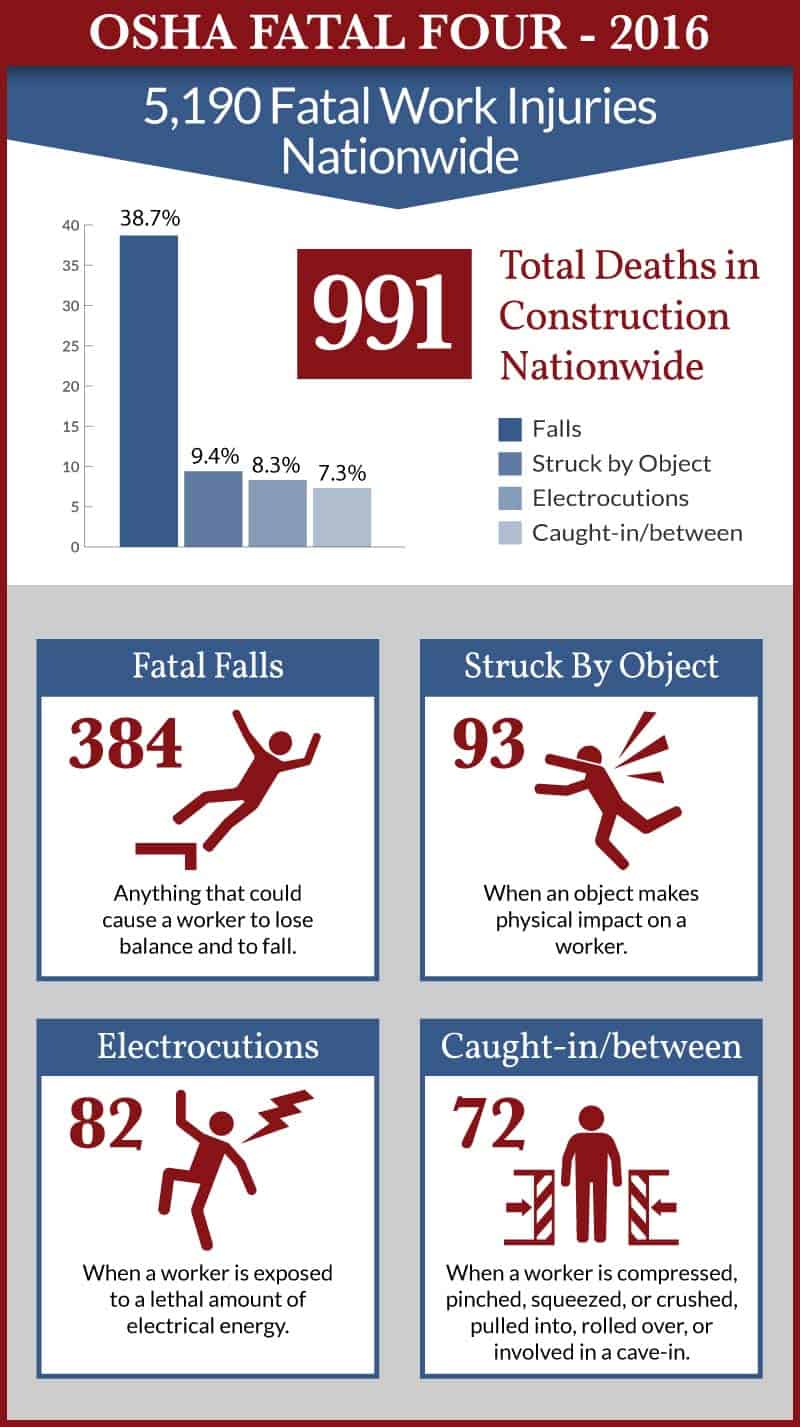Parenting Coordination: An alternative to custody battles in court…
 Custody battles can be a trying experience. Often times they drag on for years, as parties generally disagree on the most intricate of details, which greatly affect the best interests of their child(ren). When parents have trouble agreeing on important matters pertaining to their children’s day-to-day lives, things can become contentious, to say the least. This often times creates a trickle-down effect, which greatly influences the children. Though the goal of most caregivers is to provide consistency in their children’s everyday lives, this is not always attainable, especially when one custodial parent vehemently disagrees with the other’s approach to parenting. Yet even when parents have trouble agreeing on important custodial decisions that may affect such consistency in their children’s lives, the goal should always be to find a resolution that benefits the child’s well-being, as the best interest of the child is paramount in all custody proceedings.
Custody battles can be a trying experience. Often times they drag on for years, as parties generally disagree on the most intricate of details, which greatly affect the best interests of their child(ren). When parents have trouble agreeing on important matters pertaining to their children’s day-to-day lives, things can become contentious, to say the least. This often times creates a trickle-down effect, which greatly influences the children. Though the goal of most caregivers is to provide consistency in their children’s everyday lives, this is not always attainable, especially when one custodial parent vehemently disagrees with the other’s approach to parenting. Yet even when parents have trouble agreeing on important custodial decisions that may affect such consistency in their children’s lives, the goal should always be to find a resolution that benefits the child’s well-being, as the best interest of the child is paramount in all custody proceedings.
Our attorneys at Freedman & Lorry, P.C. understand that a meeting of the minds may not always be possible during custody proceedings. As tensions run high and some people lose sight of what is most important (that being the well-being of the children at the center of the custody battle), minor details turn into major disagreements, as parenting styles clash and decisions are no longer made collaboratively between both parties. Generally, parents tend to believe that the most viable option for resolving these custody disputes is to go in front of a Judge. Though the courts aim to consider all of the custody factors set out in Pennsylvania statute §5328 when determining custody schedules for parents, this does not always occur due to high volumes of cases on the docket each day. As such, when a final custody order is put into effect, some parents may still disagree with the outcome, and choose to disobey said order. This can lead to years and years of selfish and contemptuous behaviors which can greatly affect the child’s well-being and other important family relationships.
With the newly enacted law in Pennsylvania, Parenting Coordination is back and better than ever. Pennsylvania Rule of Civil Procedure 1915.11-1 aims to help parents resolve custodial disputes in an alternative setting, outside of the courtroom, by way of the rebooted Parenting Coordination program in the state. Parenting Coordinators are appointed only after a final custody order is entered in cases involving repeated conflict between the parties, which ultimately affects the implementation of said final custody order. The main role of the Parenting Coordinator is to mediate and facilitate an agreement as it pertains to the custody dispute.
Under the current rule, the parenting coordinator is only authorized to recommend resolutions to the court about issues that include:
- conditions for custodial transitions between households
- temporary variation from the custodial schedule for a special circumstance
- school issues
- the children’s participation in extracurricular activities,
- child care arrangements
- personal possessions of the children
- information exchanges between the parties
- coordination of existing or court-ordered services for the children
- behavioral management of the children
- …and other custody issues that the parties agree to discuss with the parenting coordinator (other than legal custody, primary physical custody, and financial issues)
With the parties’ consent, Parenting Coordinators may contact collateral sources and speak with the children to obtain an all-encompassing view of the dispute at hand. If the parties are unable to reach an agreement on the issues(s), then the Parenting Coordinator will recommend a resolution to the Court. The parties cannot unilaterally terminate a Parenting Coordinator.
If an agreement is reached however, the Parenting Coordinator must issue a written summary with recommendations within 2 days after “hearing from the parties” on an issue. The Parenting Coordinator’s recommendation will be reviewed by a judge, and if the parties file no objections within 5 days, the court will approve the recommendation in full or in part. The recommendation, however, becomes an interim order pending a further court order. The court can hold a hearing on issues not approved, as soon as practicable, or remand the case to the Parenting Coordinator for more specific information; or they could decide not to approve the agreement and conduct an additional hearing instead.
As previously mentioned, the types of custody disputes that would be eligible for Parenting Coordination are the most contentious of the bunch. However, it is likely that this practice will become more and more popular over time if it is found to be effective for resolving ongoing parenting disputes outside of the courtroom. Our legal professionals here at Freedman & Lorry, P.C. believe that the Parenting Coordination practices in Pennsylvania could be a mutually beneficial process for the sake of judicial economy and the family’s well-being, alike. Only time will tell if the second time’s a charm for the Parenting Coordination practices in Pennsylvania, though it is encouraging to see that this practice has been reinstated after it was taken off the shelf back in 2013.
For more information, contact the legal team at Freedman & Lorry at 888-999-1962 or submit an online inquiry.
